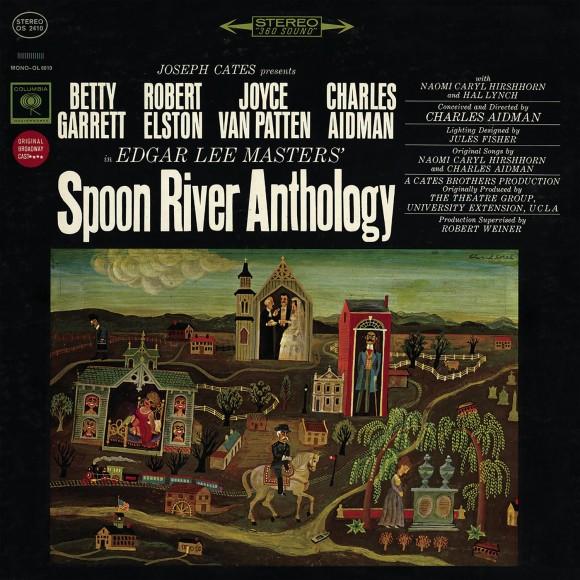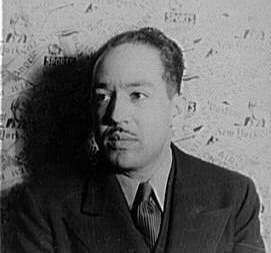Neither “Spoon River Anthology” nor “Simply Heavenly” was a hit on Broadway, but both Masterworks Broadway CDs are highly recommended.
Edgar Lee Masters (1868–1950) is remembered primarily for writing “Spoon River Anthology.” The book, which was first published in 1915, comprises free-verse monologues in which the deceased inhabitants of a mythical Midwestern town speak of their lives.
Charles Aidman (1925–1993) adapted the work for the stage, directed the show, and appeared in it when the production came to Broadway in 1963. The remarkable original cast album has just been released on Masterworks Broadway.

The CD for "Spoon River Anthology." Masterworks Broadway






